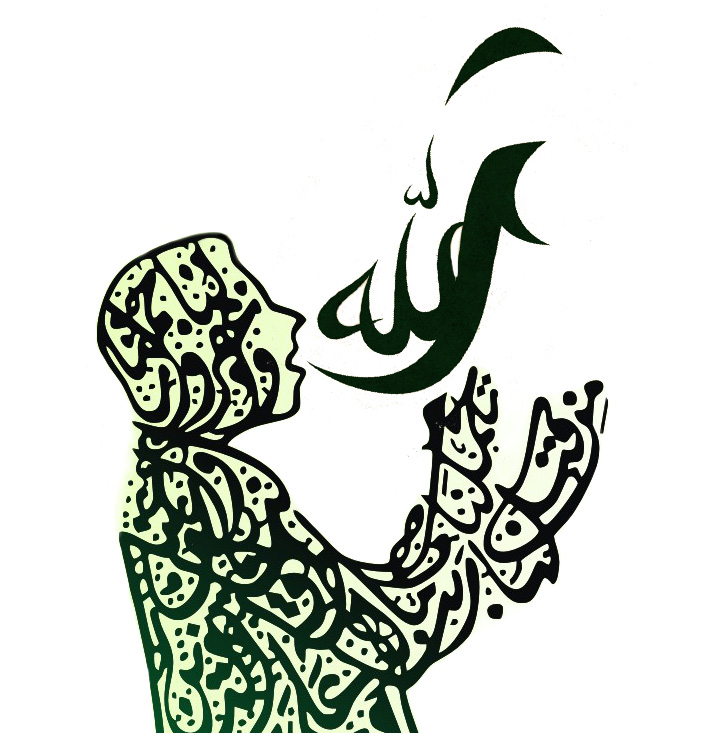بسم الله الرحمن الرحيم
TIL that getting drunk was considered a sin in Medieval Christianity. Alcohol itself was considered permissible, but drinking to the point of inebriation was considered a subset of the deadly sin of gluttony. The full reddit thread on r/askhistorians can be found below, although I’ll quote the relevant parts:
Prevalence of Alcoholism in Middle Ages? from AskHistorians
//embed.redditmedia.com/widgets/platform.js
Americans today (I understand ideas about alcoholism and its treatment can be quite different) tend to think of alcoholism as an addiction or even a disease. This was not so in the Middle Ages. Inebrietas–inebriety or drunkenness–was normatively a sin, a subset of the Deadly Sin of gluttony or overconsumption.
We must separate the rhetoric of preachers from the daily lives of medieval people (including, presumably, many of those preachers). An evening at a formal or informal tavern was the heart of socializing for a lot of urban people. It’s not for nothing the tavern was derided as the “chapel of the devil”; it was the secular parallel for social life to the Church and religious civic gatherings. As with today, not everyone would get drunk, and even fewer of those would get drunk so often and compulsively as to compare to modern alcoholism. And of course, the role of alcohol in the display of battle prowess and noble/royal power is well known to anyone who read Beowulf in high school….
…But in the background, and increasingly pushed by preachers and didactic authors over the 14th through 16th centuries, was the point that drunkenness inherently represented overconsumption, a focus on the material world and personal pleasure that distracted from God. It was a sin. And in both prescriptive theoretical sources and actual criminal records, medieval people knew and experienced the costs of inebriety.
In theory, drunkenness would lead to other sins. It loosened the tongue and mind, resulting in a rise to wrath. Naturally in women in particular, it heated the body and aroused it to lust. It led the drunk person to forget about others, greed. And so on. Meanwhile, coroners’ rolls from England and court records from French and German cities attest handsomely to the fights, assaults, and murders inside taverns and spilling onto the streets outside.
This is still just alcohol consumption, though. What can we say about the compulsion to drink caused by a pattern of overconsumption? First, in the medieval imagination though not in practice, pattern inebrietas was gendered heavily male. In German popular literature, there were two stock “parents who waste their family’s money” figures. The woman is the haute palate, the one who must always have the richest food, the most expensive clothing while her children go hungry and threadbare. The man, however? The man spends every night at the tavern, drinking away his children’s bread. The latter, at least, had a basis in reality. Women in early modern Germany sometimes petitioned their cities for emergency financial support or for legal living-arrangement separation from their husband, because he was ruining the family financially through drinking every coin. Continue Reading





